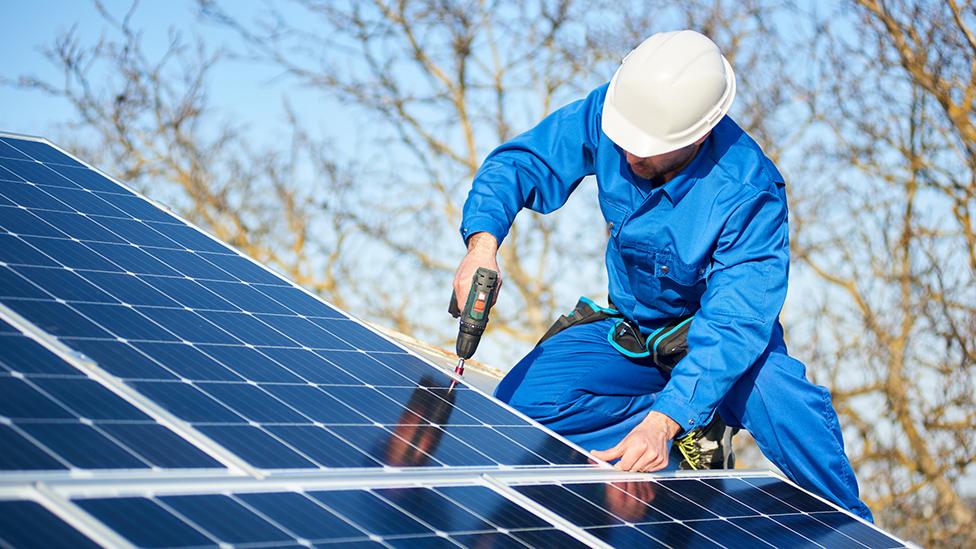Coronavirus: Solar fridge firm set for role in Covid-19 fight
- Published
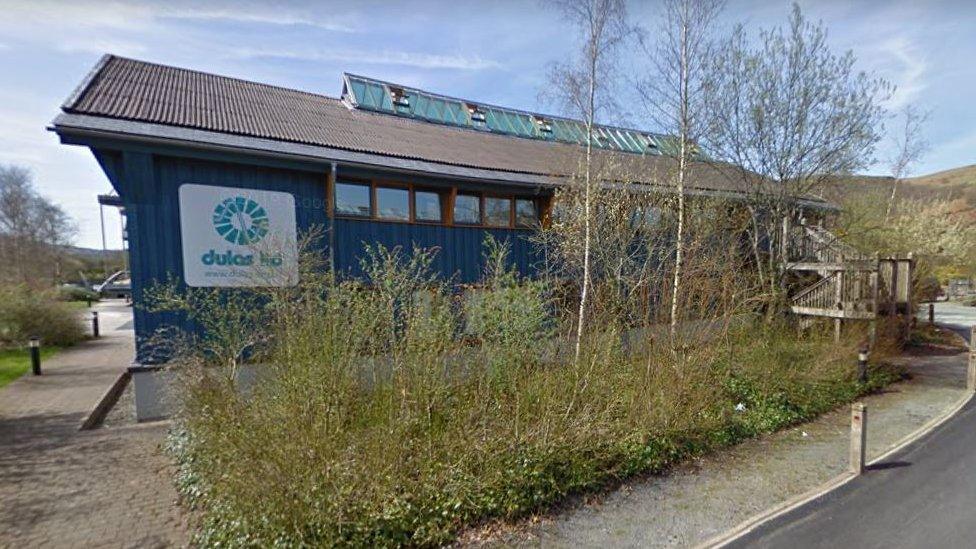
Dulas makes solar fridges that keep vaccines cool in some of the world's remotest places
A firm that produces solar-powered fridges to keep vaccines cool in the world's most remote outposts could play a key role in fighting coronavirus.
Dulas has been working with global vaccine alliance Gavi, exporting its products to Africa, Asia and South America.
The technology is essential to keep vaccines preserved in places with unreliable power supplies.
For them to work they must be kept between two and eight degrees Celsius.
This is also likely to be the case for any future Covid-19 vaccine.
Ruth Chapman, managing director of Dulas, which is based in Machynlleth, Powys, said: "During the day solar panels generate the power needed to keep the fridge at the right temperature and the vaccines viable.
"The solar panels also freeze packs of a special liquid that keep the fridges at the correct temperature during the night."
The fridges shifted from being battery to solar powered "around 2015".
"They go to really remote locations, sometimes carried on people's backs for a couple of hours, to meet the needs of a remote health centre for example in very tropical conditions," Ms Chapman said.
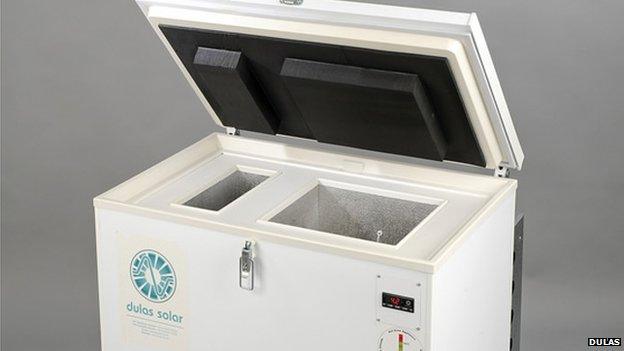
The company has been building vaccine fridges for more than 30 years
Guy Watson - one of Dulas' co-founders - had the original idea for a solar-powered fridge while working in war zones in Eritrea and Tigray in 1984.
"I was in trench hospitals 70 metres from the front line," Mr Watson said.
"There it was clear there was no blood storage - and that gave me the idea of blood storage and solar, and it just carried on from there."
Mr Watson went on to invent the solar fridge, and he is proud of the role Machynlleth has played - and continues to play - in the life-saving innovation.

The Machynlleth business has worked with global vaccine alliance Gavi exporting its products to Africa, Asia and South America
"A lot of big brains are in this mid Wales area and we've worked together and come up with some amazing innovations and hopefully will continue to do so," he said.
On Thursday, Boris Johnson is hosting a virtual summit on global vaccination.
The UK government has pledged £330m per year for the next five years to support the work of Gavi.
International development secretary, Anne-Marie Trevelyan, said coronavirus had shown how vital vaccines are.
"As coronavirus vaccine trials begin, we need to make sure any successful vaccine will be available to everyone," she said.
"Gavi will be integral to achieving this, so we can protect the UK and the NHS from future waves of infection."
Gavi chief executive, Dr Seth Berkley, said: "This funding will not only protect hundreds of millions of children against disease, it will also help health systems to repair and rebuild after the enormous impact of Covid-19 has subsided.
"This is our best shield against future pandemics which, as we have seen all too clearly in recent months, do not respect borders.
"Finally, it means we can continue our work leading international efforts to ensure universal access to a Covid-19 vaccine."
If and when a vaccine is made, Dulas' technology will be crucial, according to Ms Chapman.
"We are in constant communication with our colleagues at Gavi and Unesco around the potential needs of a Covid-19 vaccine," she said.
"They are of the opinion that any vaccine is likely to need cold storage and therefore our fridges are likely to be required in any effort to respond to the global pandemic."
- Published27 April 2020
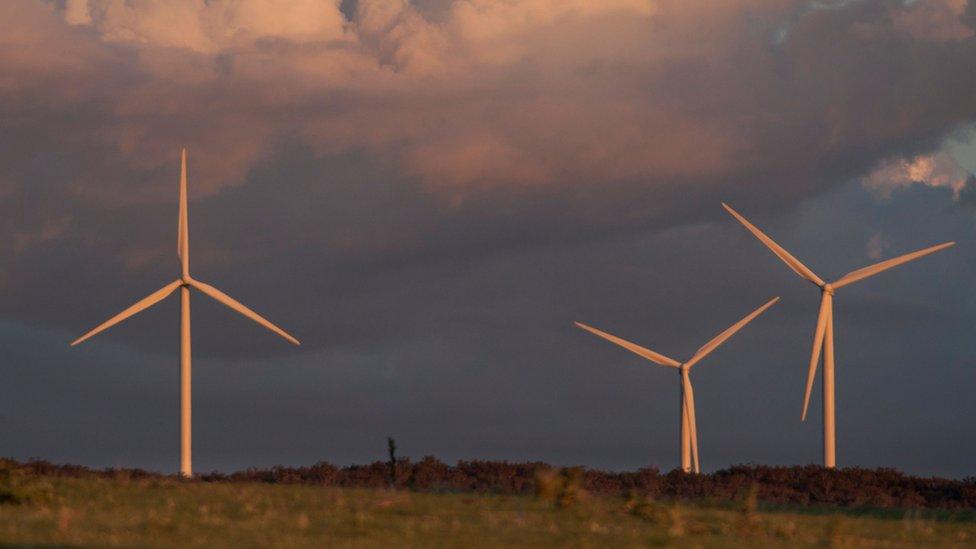
- Published12 May 2020
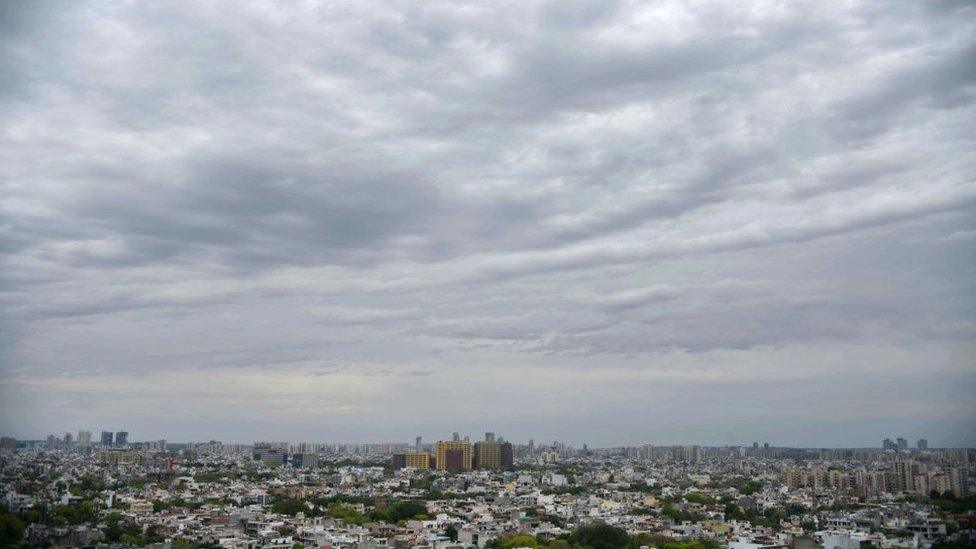
- Published31 May 2020
